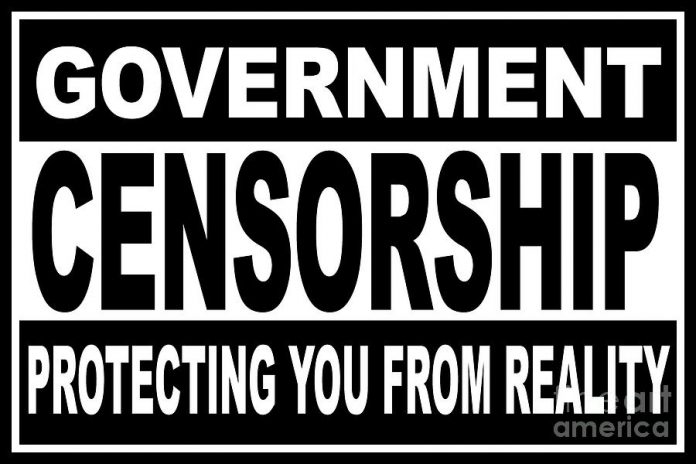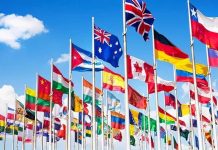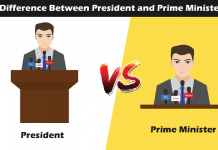It may come as no surprise that governments censor some aspects of the media in countries like Russia, China, and Saudi Arabia; but, what about the United States, the U.K., and Germany? Does government censorship exist there as well? Yes it does. Governments censor information all over the world for different reasons, in different ways, and with different levels of subtlety.
Official Federal Regulations
One form of government censorship is media regulation. This is the most transparent method as the censorship is written into law. The reasons behind the act are justified to the public; there are no secrets or subtleties. In fact, it must be clear what the laws of censorship are so that the media follows them accordingly. There may be some form of punishment for a failure to comply, such as government fines, forced closures, and possibly even imprisonment.
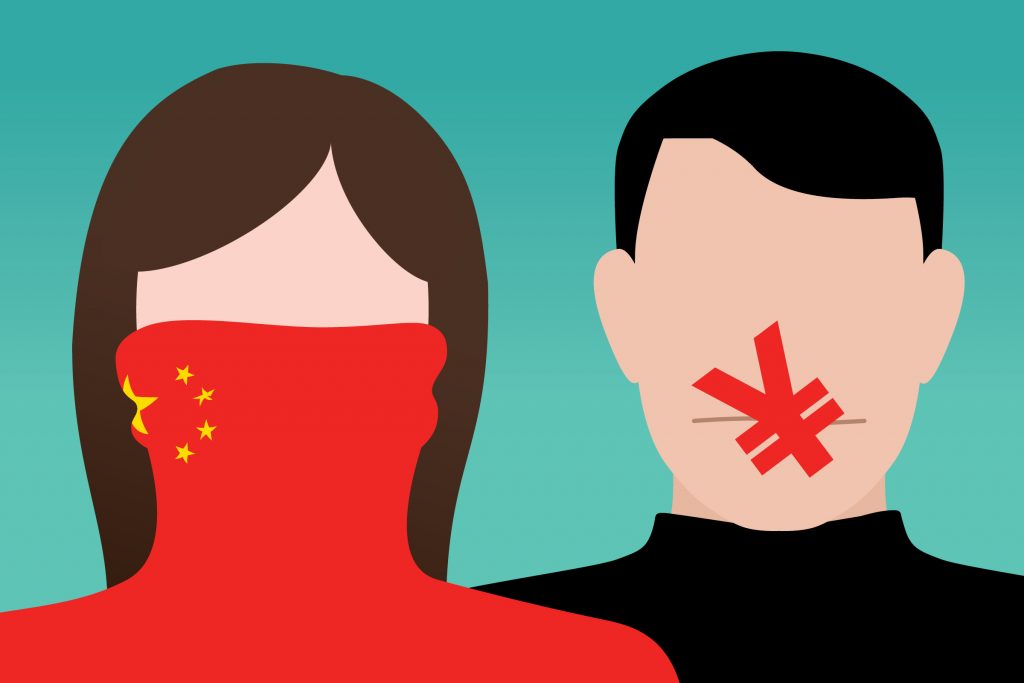
In the United States the Federal Communications Commission (FCC) is the independent federal body that is responsible for regulating information that is broadcasted by radio, satellite, television, wire, and cable. Most of what the FCC censors is what is considered to be indecent, obscene, and profane.
According to Declan Walsh’s article (Guardian), “Pakistan proposes law to curb the media,” Pakistan may implement a law that would put restrictions on media coverage of suicide bombings in order to lessen criticism of the government. It may also include the censorship of media discussions on court hearings in order to not impact the decisions of the judiciary.
In many countries such as North Korea, Burma, Libya, and Cuba the government actually controls the media. In this way all information is regulated; the state has tremendous power of what people have access to, and everybody is well aware of this fact. In other countries such as Zambia and Russia, there is a blend of state-owned and private-owned media.
How the State Can Censor Through Fear
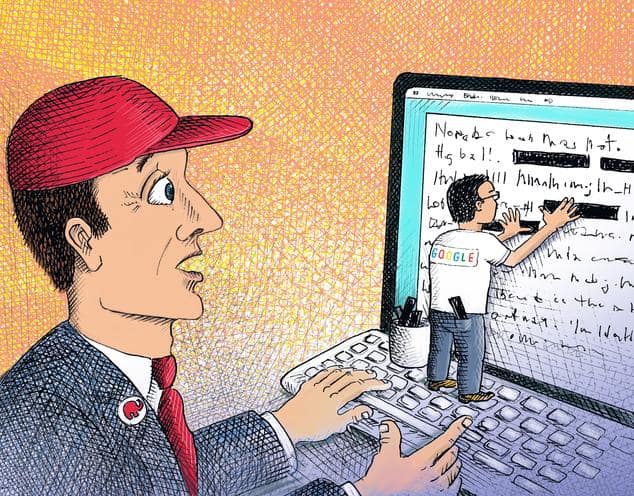
Another way that governments can censor information is by pressuring media outlets or individuals. The threat of fines, being shut down, or even losing a friendly relationship with the government in power is enough to push radio, television, and print media members to self-censorship. In the United States for example, media personality Dan Rather of CBS spoke of self-censorship in American media since the War on Terror began during the Bush administration.
In many countries, individuals face a threat of imprisonment and even violence for voicing beliefs, opinions, or simply sharing information. In Syria, seventy-nine year old activist and lawyer, Haitham Maleh, was sentenced to prison for three years for “weakening national morale.” The human rights advocate has criticized government corruption and oppressive laws. In Russia, violence against independent journalists is a major problem, where a number of individuals such as Natalya Estemirova, who was killed in 2009, have been found dead, often brutally murdered.
Government Censorship of the Internet

As an ever-expanding source of news, data, opinions, and beliefs, the internet has become a challenge for governments trying to censor information. There are internet censorship laws all over the world, requests by states for search engines to limit information, and serious repercussions for dissidents who choose to use this medium to spread information.
In China filtering systems are in place to restrict access to what are considered to be offensive websites, including Western news sources, anti-China websites, Taiwanese sites, and pornography. In Singapore in 2007, the government decided to censor websites that would threaten the sanctity of society. Even in Western countries such as America, the U.K., and Germany, governments regularly ask Google to remove websites.
Government censorship exists. In some countries the censoring of information is black and white, in others it is not as distinct. For individuals it may be difficult to recognize when the state censors information because the missing news, data, or opinions are censored. What is important is to be aware of the fact that all governments regulate, restrict, and inhibit information. The truth is not on the surface, but rather buried deep within.


